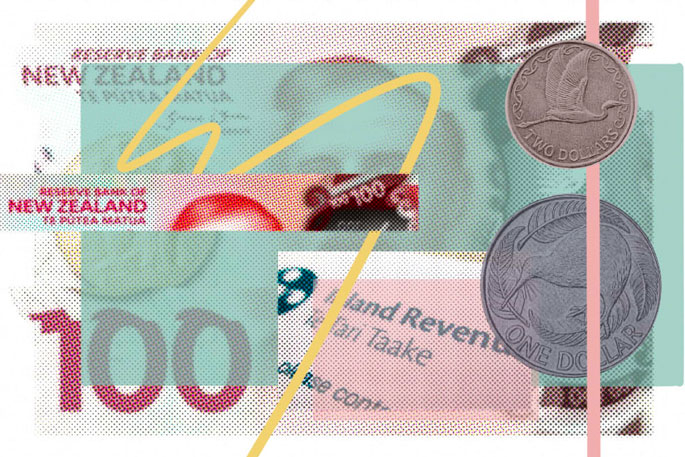Inland Revenue is warning "time is running out" for people who are deliberately avoiding their tax obligations - as one tax expert warns more scrutiny is coming across the board.
IR has outlined how it will use the $29 million it was allocated for compliance in the Budget to target people who had not met their tax obligations.
Commissioner Peter Mersi says 90 per cent of taxpayers have no tax debt but some people have difficulties meeting their tax payments.
"For those who deliberately flout the rules, time is running out. We have the tools, data, and analytical capability to identify who is and who isn't doing the right thing. The funding will mean we will have more people to be across all of these areas.
"We will also have additional people on board to investigate and undertake audits."
He says debt has been rising due to Covid-19 and the subsequent challenging economic conditions.
"But tax obligations must be met, in fairness to everyone."
Individuals' income tax debt had increased from $1.1 billion in March 2023 to $1.6b this March. For non-individuals it lifted from $540 million to $773m over the same period.
GST tax debt has increased from $1.9b to $2.6b.
"We're prioritising our compliance work to follow up outstanding returns, collect overdue debt, and prosecute taxpayers where necessary," says Mersi.
"And of course, we'll continue to offer help for people to get things right."
He says IR will look at a range of areas, including the "hidden economy" retail sector and trust compliance.
"Inland Revenue will also work to reduce systemic risks in areas such as cryptocurrency, electronic sales suppression tools, organised crime and corporate restructures.
"We plan to increase debt collection from overseas based student loan debtors and people who took out Small Business Cashflow Scheme loans," he says.
Student loan overdue debt will use $4m of the $29m of compliance funding.
IR will run a new campaign contacting overseas-based student loan borrowers who own property in New Zealand.
"If you've got an investment property here, you should be meeting your loan repayment obligations," Mersi says.
Enforcement activity will also be stepped up in the construction industry.
 Those working in the construction sector will receive extra scrutiny.
Those working in the construction sector will receive extra scrutiny.
IR has been running unannounced visits to construction sites since the start of July and is also approaching cryptocurrency traders to give them a "final chance" to report their income.
He says people who have tax debt should talk to IR early to avoid harsher outcomes.
A tax partner at Deloitte, Robyn Walker, says it has been clearly signalled by the Revenue Minister that there will be more focus on compliance with tax laws, across all taxpayers.
She says the message is that it doesn't matter whether a business is big or small,. It's expected to pay its fair share of tax and comply with tax laws.
IR has not been doing a lot of compliance activity in recent years, she says, because it has gone through the process of updating its computer systems and transforming the business and then Covid-19 hit.
"The focus is really now 'no more Mr Nice Guy' and heightening people's awareness that they are going to be looking closer."
She says people should ensure they have their "houses in order".



0 comments
Leave a Comment
You must be logged in to make a comment.